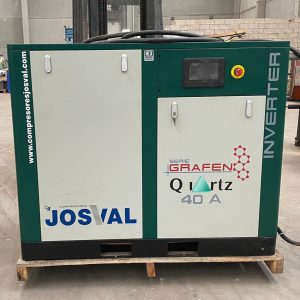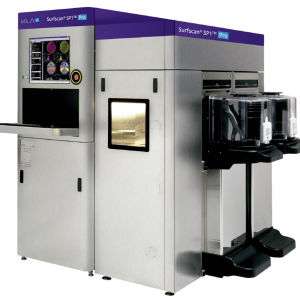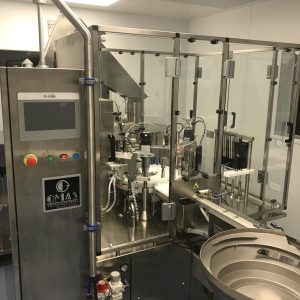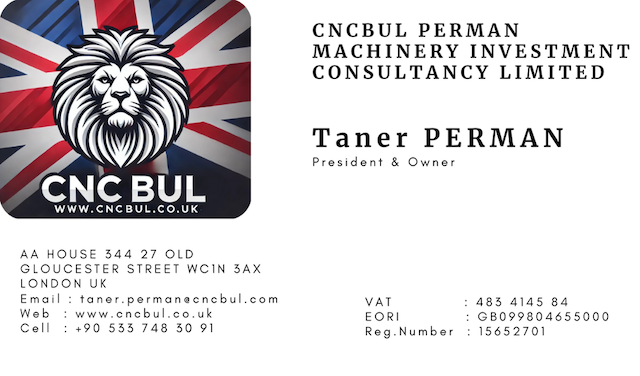

















































Full Metal Jacket FMJ Projectile System 9mm 124 Grain US Baird 3-25 Transfer Press 80 ppm
Contact us for price
Description
Full Metal Jacket FMJ Projectile System 9mm 124 Grain
This Machines Includes:
US Baird 3-25 Transfer Press 80 ppm
Lead Core Header Included
Currently in Use
What is 9mm 124 Grain FMJ Projectile System?
The 9mm 124 Grain FMJ (Full Metal Jacket) projectile system is a commonly used round in firearms, especially in handguns and submachine guns. Here’s a technical breakdown of the system:
1. Projectile Type:
Full Metal Jacket (FMJ): This means the bullet is encased in a harder metal shell, typically copper or a copper alloy, surrounding a softer lead core. FMJ rounds are known for high penetration, reduced expansion upon impact, and minimal deformation.
2. Grain Weight:
124 Grains: This refers to the weight of the bullet. In the context of 9mm rounds, 124 grains is a common choice, offering a balance between velocity, stopping power, and recoil. Heavier than the 115-grain variant, it provides a slightly more controlled recoil and better terminal performance due to greater momentum.
3. Ballistics:
Velocity: Typically, a 124-grain FMJ bullet is fired at velocities ranging from 1,100 to 1,200 feet per second (fps), depending on the firearm and load. This makes it suitable for self-defense and target shooting.
Energy: With a muzzle energy generally between 350 to 400 foot-pounds (ft-lbs), the round offers a good combination of power and manageable recoil.
4. Applications:
Target Practice: The FMJ design is optimal for target practice because it reduces fouling in the barrel and is cost-effective due to the lack of expanding features.
Military/Police Use: Many law enforcement agencies and militaries prefer FMJ rounds for training and duty use due to their reliability in feeding and penetration consistency.
Self-Defense (not ideal): While some individuals use FMJ rounds for self-defense, they are not the best option due to their over-penetration risks, meaning they might pass through a target and cause unintended damage.
5. Advantages:
Penetration: The FMJ bullet is less likely to fragment or expand, ensuring deep penetration.
Reliability: FMJ rounds feed smoothly in most firearms, minimizing jams.
Affordability: FMJ rounds are generally cheaper to manufacture, making them cost-effective for high-volume shooting.
6. Disadvantages:
Over-penetration Risk: FMJ bullets are less likely to deform or expand, leading to a higher risk of over-penetration.
Lower Stopping Power: Compared to hollow point or other expanding bullets, FMJ rounds offer less terminal performance in stopping threats.
Shipping Policy
After paying 49 GBP £
You can learn its price now .
We refund this money when you buy a machine from us
Pay on PAYPAL  or Wire Transfer or Credit Card
or Wire Transfer or Credit Card
Machine Request I Sell Machine I Guest Post I Stock Machines
Our Service Terms :
1.) CNCBUL.com does not own any of the equipment listed for sale on this site!..
2.) All information, offers and prices on this site are subject to change by the Machine owner and are non-binding!
3.) We are not a stocking dealer of New & Used Metalworking Machinery.
We are an online technology company about used CNC Machine Tools & Machinery sector.
Our Machine Dealer Partner companies are a stocking dealer of New & Used Metalworking Machinery.
The stocks of our partner machine dealers are always changing!
The stock status of the machines varies instantaneously!
4.) Machine Price information learning fee is limited to only 1 machine . It does not cover all machines in the system!..
5.) Our aim is to inform you about the market value of the machine you are looking for.
If the machine for which you requested the price has been sold, offers of machines with the same features or equivalent are sent to you by our International Machine Dealer partner companies as a separate offer.
6.) After the payment is received, the machine price information is sent via email or Whatsapp as PDF format.
7.) Machine price information transmission time is between 15 minutes and 6 hours. This period varies according to the demand for proposals, working hours, days and hours.
8.) You can enter your company’s billing information in the ‘Note to Seller’ section when making the payment.
Related products
-

Josval Grafeno Quartz 40 A – Year 2019
Contact us for price -

KLA-Tencor Surfscan SP1-TBI Unpatterned Wafer Defect Inspection Systems – Year 2001
Contact us for price -

New Era Narrow Web Coating Laminator – Year 2016
Contact us for price -

OMAS TECNOSISTEMI GD-250 Double Pitch Filling and Capping Monobloc – Year 2020
Contact us for price

